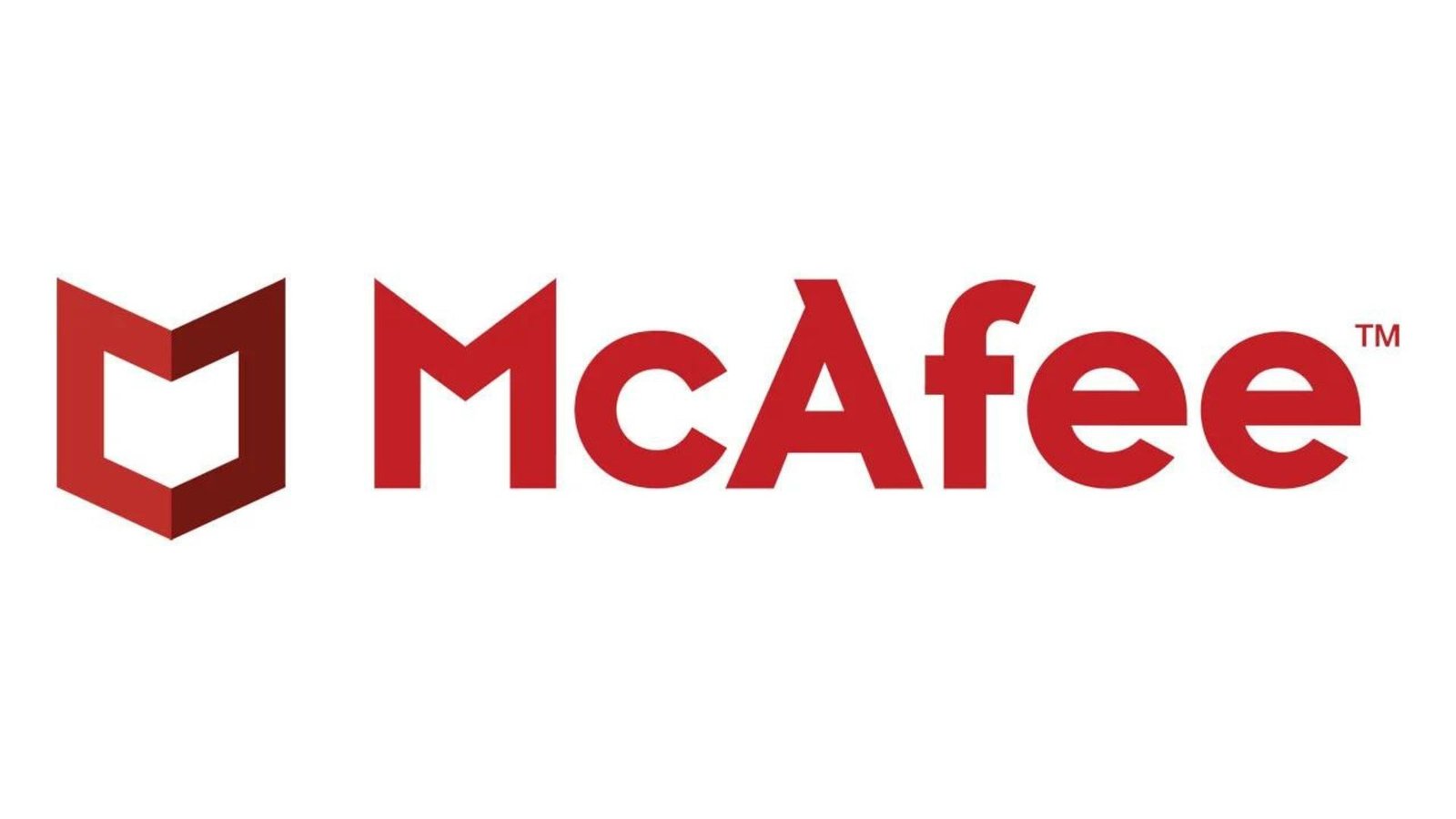When it comes to firewall defense, the choice between hardware and software firewalls can be challenging. Each option provides essential protection against cyber threats, but they do so in different ways. Understanding the key differences between hardware and software firewalls can help you decide which is better for your specific needs.

What Is a Hardware Firewall?
A hardware firewall is a physical device that sits between your network and the internet. It serves as a gatekeeper, filtering traffic before it reaches your internal network. Since it’s a separate device, a hardware firewall doesn’t rely on your computer’s resources, which helps keep your system running smoothly while still offering robust protection.
Hardware firewalls are often used by businesses with larger networks or by those who require a higher level of security. They are generally more difficult to bypass since they operate at the network’s perimeter, blocking threats before they even reach your devices.
What Is a Software Firewall?
On the other hand, a software firewall is installed on individual devices, like your computer or smartphone. It monitors and controls incoming and outgoing network traffic based on predefined security rules. Since it operates directly on the device, a software firewall provides more granular control over application-specific traffic.
Software firewalls are typically more accessible and easier to configure than hardware firewalls, making them ideal for individual users or small businesses. However, they use system resources, which can sometimes slow down your device if it’s not powerful enough.
Performance Differences Between Hardware and Software Firewalls
When comparing hardware and software firewalls, performance is one of the first things to consider. Hardware firewalls generally offer better performance because they don’t rely on your device’s processing power. They can handle large volumes of traffic without affecting your computer’s speed or performance, making them well-suited for high-traffic environments, such as businesses with multiple users.
On the other hand, a software firewall can consume system resources, especially when handling a large number of security rules or network connections. If your computer lacks sufficient processing power or memory, running a software firewall may slow down your system. However, for smaller networks or personal use, the impact on performance is usually minimal.
Security Features: Which Offers More Protection?
Both hardware and software firewalls provide solid protection, but they excel in different areas. A hardware firewall protects your entire network by blocking unauthorized access at the network’s entry point. This broad protection makes it difficult for hackers to penetrate your network, as it filters all traffic entering and exiting the network.
In contrast, a software firewall offers more detailed control over individual applications and programs. It can block specific applications from accessing the internet or prevent certain types of outgoing traffic. This means that if a threat manages to get through, a software firewall can still stop it from causing further damage to your system.
For optimal protection, many businesses use a combination of both hardware and software firewalls. This layered approach ensures that threats are blocked both at the network perimeter and at the device level.
Ease of Setup and Maintenance
In terms of setup and maintenance, software firewalls tend to be easier to configure. Most come with user-friendly interfaces that allow you to set rules and manage security settings with just a few clicks. Additionally, software firewalls typically receive automatic updates, ensuring that your system stays protected against the latest threats.
Hardware firewalls, on the other hand, require more technical knowledge to install and configure. You may need to hire an IT professional to set up a hardware firewall, especially if your network is complex. However, once installed, hardware firewalls often require less ongoing maintenance and can run continuously without interfering with your devices.
Cost Considerations: Which Is More Affordable?
Cost is another important factor to consider when choosing between a hardware and software firewall. Hardware firewalls tend to be more expensive upfront since you’re purchasing a physical device. The cost can range from a few hundred to several thousand dollars, depending on the level of protection you need. Additionally, maintaining a hardware firewall may require IT support, adding to the long-term cost.
Software firewalls are usually more affordable and often come bundled with other security software like antivirus programs. Some are even available for free, although premium versions with additional features may require a subscription. For individual users or small businesses, a software firewall can be a more cost-effective solution.
Which Is Better for You?
So, which is better: hardware or software firewalls? The answer depends on your specific needs. If you’re running a business with multiple devices connected to a network, a hardware firewall provides robust protection for the entire network. It’s ideal for environments that handle sensitive data or require high-performance security solutions.
However, if you’re an individual user or a small business with limited resources, a software firewall may be the better option. It offers flexibility, ease of use, and affordability, making it a great choice for protecting individual devices.
For those who want maximum protection, using both hardware and software firewalls together can provide a comprehensive defense against cyber threats.










